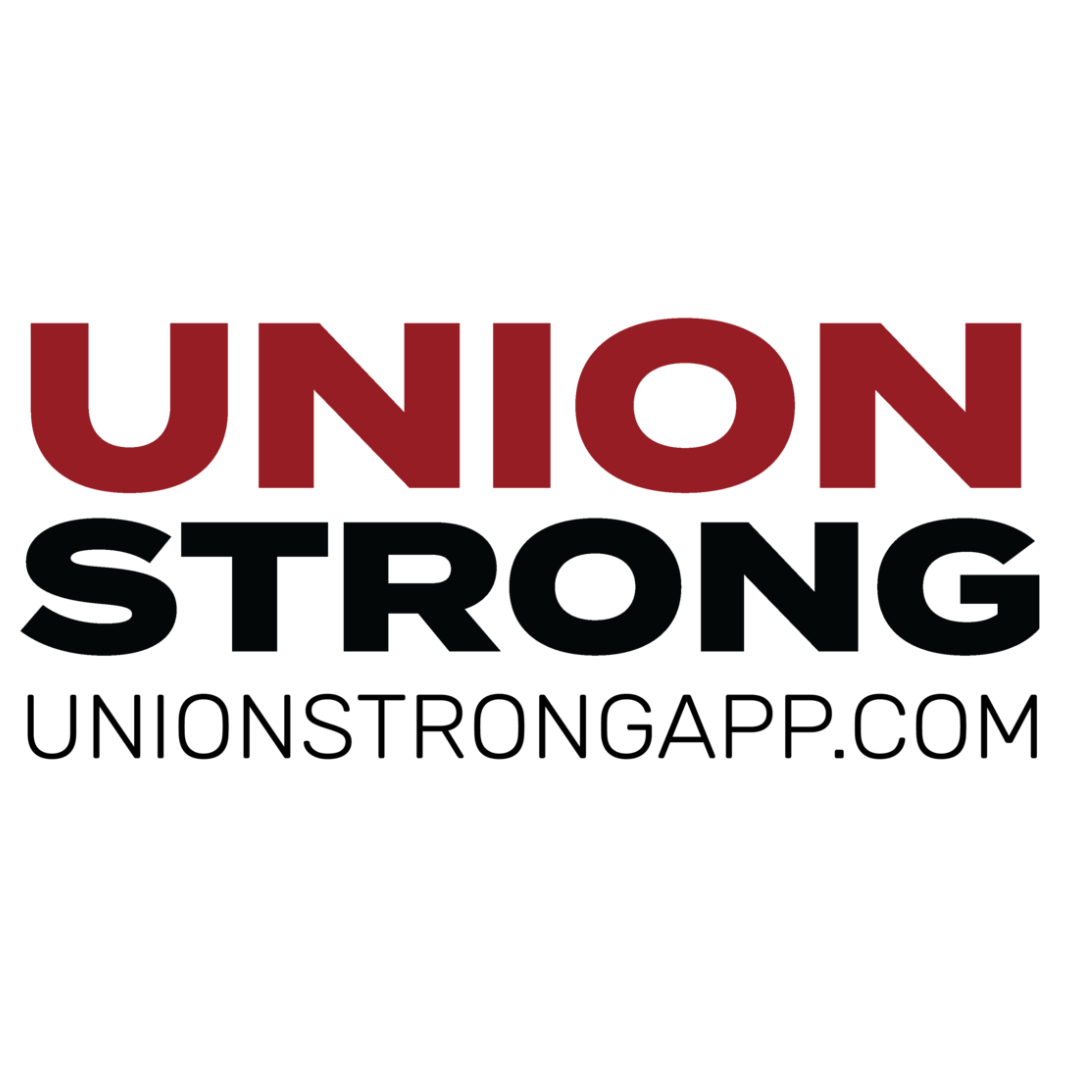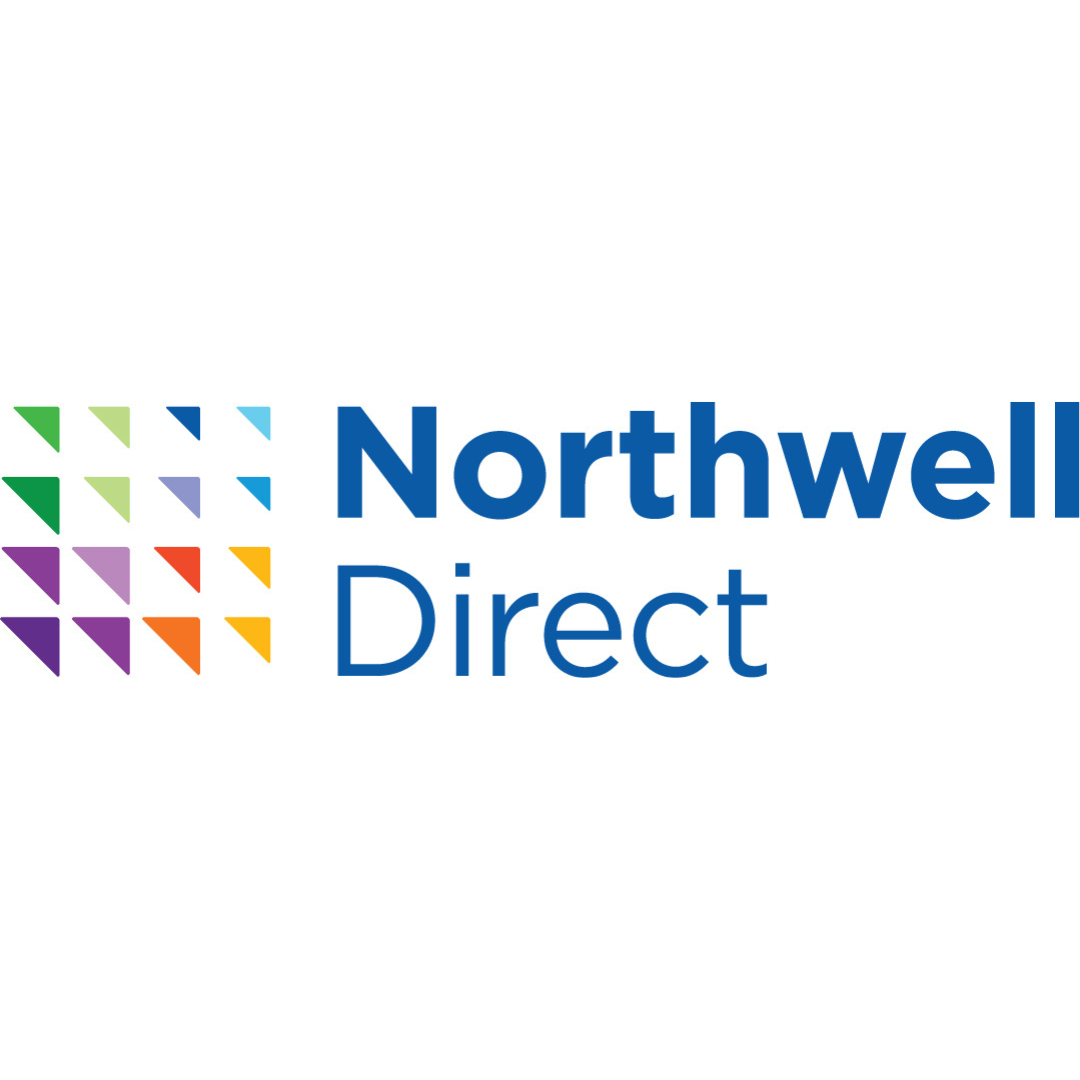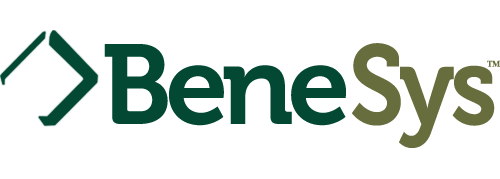Did you resolve to achieve greater financial health in your life this year?
Maybe you want to save for a large purchase, pay down credit card debt, speed up the road to retirement, or simply start spending less than you earn. No matter what you want to accomplish with your money this year, no doubt it will require some serious commitment. Financial well-being is not something that happens overnight, but you can accomplish all of your goals by making small steps over time.
To help you get there, we’ve compiled a list of doable to-dos, one for each month of this brand new year.
12 Personal Finance Tips for Every Month of 2022
The key to reaching your big goals is making consistent steps over time, starting in January.
January: Score your financial health.
Starting the year off right begins with getting a clear picture of your current financial state. It also helps you choose the actions you might need to take that will make the biggest difference.
But knowing where you’re at financially may be tricky to figure out on your own. Consider taking a financial health quiz to see what goals you can set, or a brief survey that will give you a personal financial well-being score. Compare your score with others’ by age, household income, and employment status, and discover ways to take the next step toward improvement.
February: Plan a money date.
February is the perfect month to go on a money date. Set aside time with your significant other to talk about the good, bad, and ugly of your personal and joint finances. Log all your debts. Calculate your current and potential income. Review your budget (or decide to make one), and re-evaluate your emergency funds and available credit.
It’s also a good time to talk about your financial values and discuss how you’ll approach long-term goals such as saving up for your child’s college education, or planning for retirement.
March: File your taxes for free.
2022 is our third COVID-era tax season, so make sure you’re up to date with what’s changed—or stayed the same—since last year. Check tax brackets and due dates. And keep careful track of any payments you’ve received such as stimulus checks, child or dependent care credits, and unemployment benefits.
Seventy percent of all taxpayers are eligible to use Free File software and e-file for free with both the federal government and some states. The Internal Revenue Service offers information about how to file your taxes for free or get volunteer tax preparation help if you need it. If you earn too much income to be eligible to use the free software, you can still complete your federal returns online. There’s even a mobile app, IRS2Go.
April: Use your tax return to build savings.
The average federal tax refund check last year was nearly $2,800. If you think you’ll get money back this year, start strategizing what you’ll do with the funds so you’re prepared when the refund hits your account. If you’re working on saving money or paying down debt, a little planning can ensure your tax money is put to good use.
This is also an excellent opportunity to review your personal loan tax strategies for the year ahead. Did you miss some deductions due to missing receipts? Did you incur penalties because you didn’t take minimum distributions from retirement savings accounts? Invest some energy into creating a better system—your future self will thank you.
May: Save for college.
Did you know that money you put into a 529 college savings plan is typically tax-free? It even remains untaxed when you withdraw it. You can either purchase credits from a college or university in advance directly to protect your student from tuition increases, or put the money into an investment account to be withdrawn later.
But 529 plans are not for everyone. First off, your child must attend an eligible institution. And you may not want to tie up money in a 529 plan if you’re living paycheck to paycheck, carrying high debt balances, or have little-to-no savings for emergencies or retirement.
Take this month to talk to your teen about all the ways to pay for higher education—like scholarships, work-study jobs, family support, even student loans. Openly discussing college costs and being clear about responsibilities for funding (or financing) the bill means one less stressful conversation to have when it’s time for your child to apply.
June: Make smart home improvements.
Making savvy improvements to your house now can boost the value if you decide to sell later. Look for ways to save up the money in advance, use your tax refund for necessary updates so you can avoid taking on new debt, or use a home improvement loan with payments that will fit your budget.
July: Get your retirement planning in check.
If summer has you dreaming of a very long vacation, it might be a good time to see where you stand towards retirement. Check in on your 401k and, if there’s room in your budget or your employer has a good matching program, consider maximizing your contributions.
With the end of the year fast approaching, it might also be time to consider an IRA. The funds you put into an IRA can be tax deductible, which could save you money at the end of the year. But make sure to check the rules around deduction limits and consult your tax expert before making any big decisions.
August: Consider refinancing your student loans.
With the COVID-19 federal student loan payment pause ending on January 31, 2022, you may be feeling the added line item in your budget. But if your financial or work situations have changed since you took out your loan, there might be ways to lessen the burden.
If you have federal loans, you can choose between 5 different options based on income and situation. Private loans offer different interest rates and terms, usually less favorable than those guaranteed by the government. Or you can try refinancing your student loans and consolidate multiple balances into one loan with a fixed interest rate and fixed term.
September: Consider refinancing your car.
If you have an auto loan and your vehicle is under 10 years old, try plugging the numbers into an auto refinance calculator to see how much you could save. You might be able to lower your car payment, your interest rate, or both. If you’re looking for a new (or used) car, the next few months are considered the most popular times to buy. Many dealers offer blow-out pricing on current year models starting October through December.
October: Prepare for your financial year-end.
The end of the year always comes around fast. Before things get busy once the holidays arrive in full force, take care of those personal finance tasks that are easy to forget or postpone, like reviewing the beneficiary designations on your life insurance policies. This is also a great month to request your credit report and go through a year-end financial checklist to prep you for the holidays and beyond.
November: Plan ahead for holiday spending (and saving).
Americans accumulated an average of $1,381 in holiday debt in 2020—and the majority were still paying it five months later. Be like Santa: Make a list and check it twice because buying on impulse can lead to over consumption and over spending. Instead, learn new ways to save money while enjoying the holidays, including how to skip Black Friday or avoid Cyber Monday.
December: Map out your financial goals for the year ahead.
Making financial New Year’s resolutions is easy. But sticking to them throughout the year requires serious commitment—so keep it simple. First, evaluate your financial situation. Then, pick one or two financial goals to focus on—like making early payments or getting a side gig. Brainstorm ways to keep yourself on track such as automating monthly payments or contributions to savings accounts. Plan to reward yourself in small ways when you hit important milestones like hitting a targeted amount in your emergency savings account.
Wrapping It Up
Life is uncertain, which means how you spend and save can make a huge difference to your bank account and your overall well-being. Taking a little time each month to improve one aspect of your financial health will help set you up for a more stable present and secure future, no matter what comes your way.






























